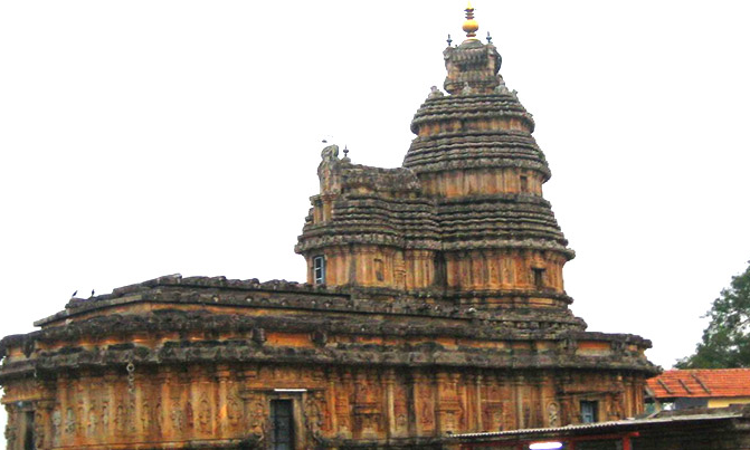Supreme Court Reserves Order On Interim Relief In Gokarna Mahabaleshwar Temple Management Case
Srishti Ojha
7 April 2021 10:07 PM IST

Next Story
7 April 2021 10:07 PM IST
The Supreme Court on Wednesday reserved its order for interim relief in the appeal filed challenging Karnataka High Court's judgment of 2018 which quashed the Government's order handing over management of Mahabaleshwar temple at Gokarna to Ramchandrapura Math. A three-judge Bench of CJI Bobde, Justice Bopanna and Justice Ramasubramanian clarified that it will only...
